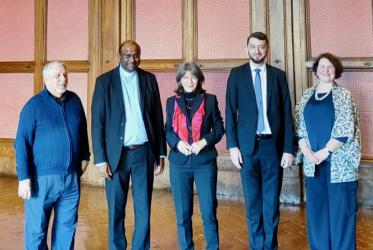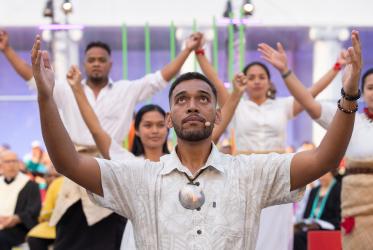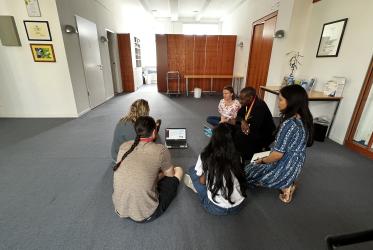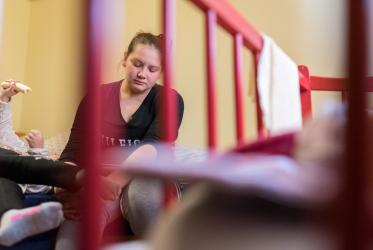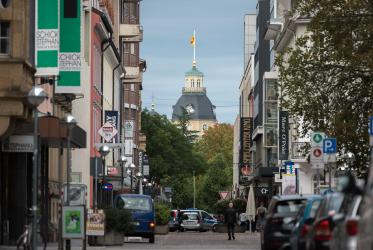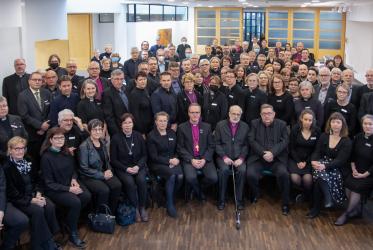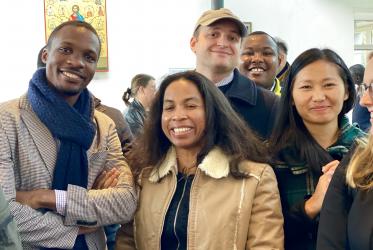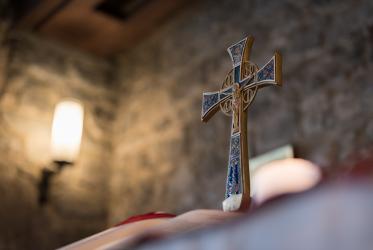Displaying 1 - 20 of 62
Aspiring therapist opens his mind to different beliefs
13 September 2022
Assembly participants come together as church families
04 September 2022
WCC executive committee lights the way for WCC 11th Assembly
26 November 2021
Thursdays in Black ambassadors map positive future
06 October 2020
Those who make Bossey so special: The students
14 November 2019
